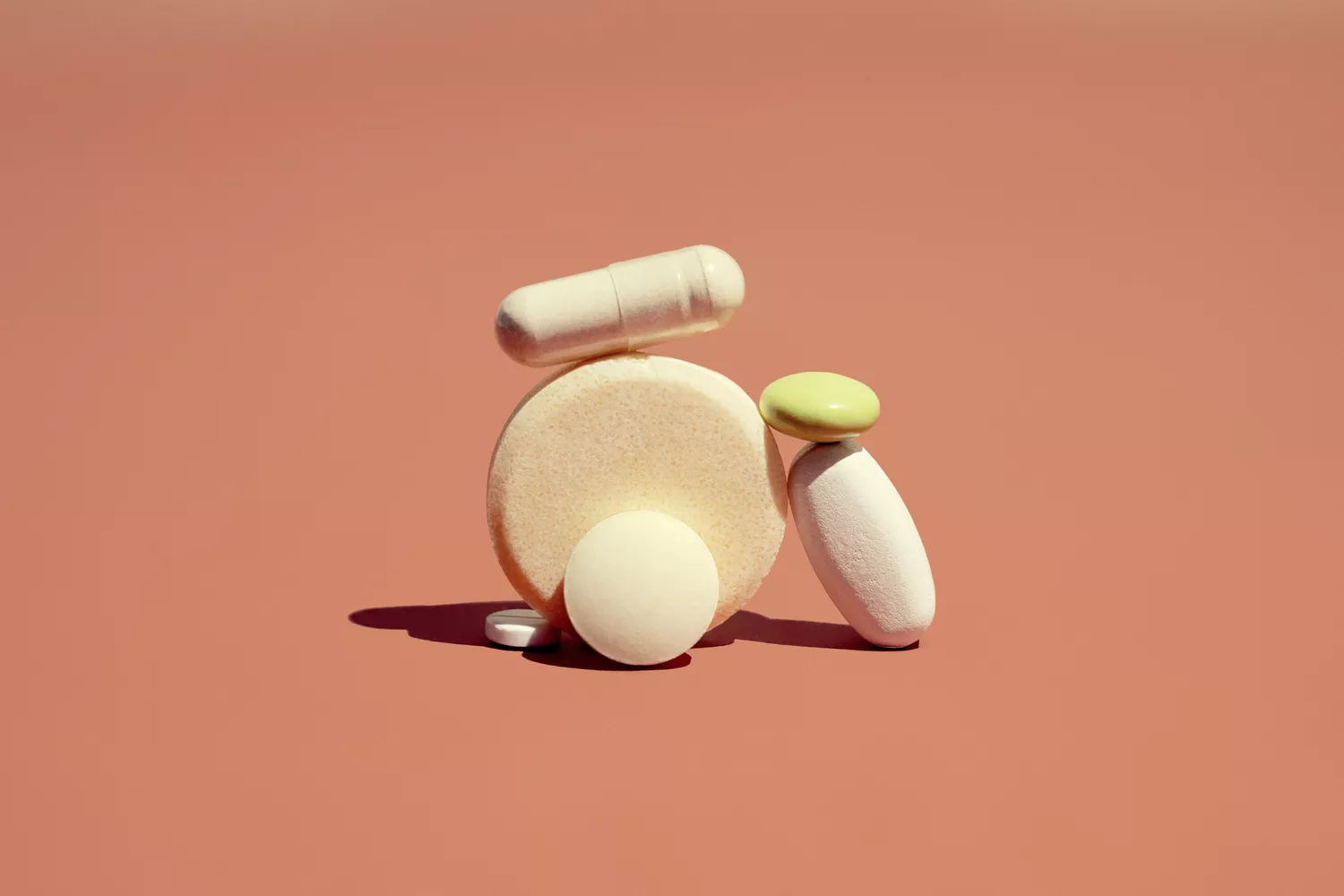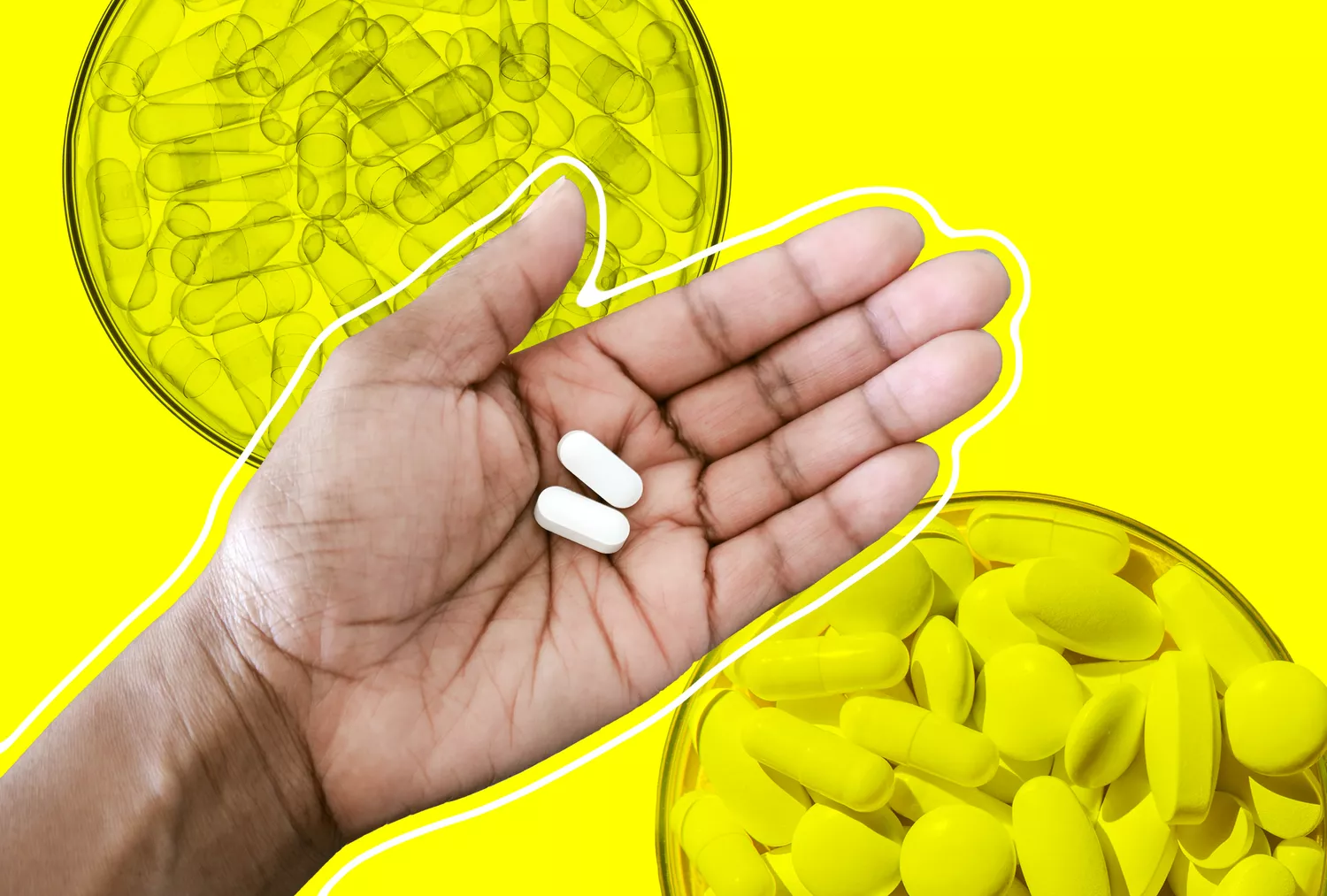Whether you would love to enhance your exercise performance, rise muscular tissue mass, or prevent persistent condition, you might be curious concerning the benefits of creatine. Creatine is normally found in the body and products power to your skeletal muscular tissue cells. Not only is creatine thought about a risk-free supplement for many individuals, however it is likewise among one of the most preferred and efficient supplements for constructing muscle mass and increasing sports performance.
According to the National Collegiate Athletic Organization National Research of Substance Use Behaviors of College Student-Athletes, regarding 14% of athletes reported making use of creatine supplements.1 Are you curious about exactly how creatine operates in the body? A signed up dietitian describes what creatine does and examines the benefits and threats.
What is Creatine?
Creatine is a normally taking place particle in the body generated from the amino acids glycine, arginine, and methionine. The majority of creatine is made in the liver, and some in the kidneys and pancreatic. Creatine plays a major function in power production, particularly under problems of high need, such as physical activity. While the body makes creatine normally, regarding fifty percent of its supply originates from animal-based foods. Protein-rich foods, such as red meat, seafood, and cow, goat, and sheep milk are great sources of creatine. Many individuals choose to take creatine in pill or powder type.
Creatine supplements are popular among athletes who join endurance or power sports (activities that require fast bursts of energy). These sports include bodybuilding, football, hockey, and fumbling. One of the most common kind of creatine supplement is creatine monohydrate, which raises muscle efficiency in high-intensity resistance workouts.2 Basically, consumed creatine trips to your skeletal muscle mass where it is converted into phosphoric acid or phosphocreatine. This substance assists create adenosine triphosphate (or ATP), which is the key power resource for your muscles during exercise. Creatine reinforces the continuous supply of energy (ATP) to your muscles during intense workout.2.
Benefits of Taking Creatine.
Research study reveals that creatine is secure for the majority of individuals. Supplements aids muscle cells create even more power, boosts workout performance, and speeds up muscular tissue development.3 Here’s more on these benefits.
Promotes Energy Manufacturing in Muscles.
Throughout exercise, ATP is damaged down in the muscle mass to generate energy. The rate at which ATP resynthesizes determines your capacity and period to execute at optimal intensity. Creatine supplements advertise raised phosphocreatine shops, which enables you to create even more ATP. This permits more energy to sustain your muscular tissues throughout high-intensity exercise.4.

Boosts Exercise Efficiency.
Study shows that creatine plays a straight role in drastically boosting high-intensity exercise efficiency. Elements boosted consist of toughness, power, sprint ability, muscle endurance, boosted muscle mass, and recuperation speed. Researches also suggest that creatine supplements may benefit individuals of all physical fitness levels, whereas other supplements profit advanced athletes especially.
Speeds Muscle Growth.
Creatine is incredibly effective for aiding muscular tissue development and rapidly growing muscular tissue mass. Research shows that athletes taking creatine for as few as five to seven days have revealed dramatically boosted lean body mass and muscle mass dimension.6.
May Fight Neurological Illness.
Taking creatine supplements is shown to aid in the monitoring of Parkinson’s disease and various other neurological conditions. Lots of neurological illness are connected with a reduction of phosphocreatine in the mind. Because creatine supplements raise these levels, it may slow or minimize the development of the condition. Several animal research studies reveal that creatine can restore the mind’s phosphocreatine stores to pre-disease levels, which assists preserve daily performance and reduces cell fatality.7.
Though studies are encouraging, extra study needs to be done in humans before creatine is made use of as a prevalent recommendation in the avoidance and management of neurological diseases such as Alzheimer’s condition, epilepsy, and amyotrophic side sclerosis (ALS).
May Lower Blood Sugar Level.
Creatine may play a role in reducing blood sugar and decreasing diabetes threat. Research study shows that creatine supplements may lower blood sugar by enhancing the feature of glucose transporter type 4 (GLUT-4), a substance that assists relocate blood glucose from food into your muscles for power manufacturing. Research studies also show that those that took creatine supplements and exercised had much better blood sugar level control than those that only exercised.8 Even more study requires to be done on the effects of creatine and blood glucose monitoring.
What is the Recommended Dosage?
The International Culture of Sports Nourishment mentions that the quickest way to raise creatine muscle mass shops is by eating 0.3 grams of creatine per kilo of body weight for five to seven days, adhered to by 3 to 5 grams of creatine daily. Throughout the initial application stage, it may require to be broken up into smaller parts throughout the day to prevent possible abdominal side effects, such as diarrhea. Including the first application session, one part of the dose ought to be consumed with carbs half an hour prior to an exercise or promptly after an exercise. On off days, take in creatine with dishes.9.
Threats and Negative Effects of Taking Creatine.
Many individuals prevent creatine because they fret about its adverse effects and prospective unfavorable influence on health and wellness. Some issues consist of kidney and liver damage, bloating, dehydration, muscle mass cramps, and gastrointestinal concerns. Despite these concerns, the International Culture of Sports Nutrition indicates creatine as one of the safest and most advantageous sports supplements.10.
Some worries include the following: weight gain, elevated creatinine, and digestive system concerns.
Weight gain: Study has revealed that taking creatine supplements may cause a quick rise in body weight after beginning the supplement. However, it is very important to note that the first weight gain is normally as a result of raised water material in the muscles. Over the long-term, body weight rises as a result of muscular tissue growth, not enhanced body fat.11.
Raised creatinine: Creatinine is a typical lab value made use of to assess the health and wellness and functioning of the liver and kidney. Taking creatine supplements has been revealed to somewhat raise creatinine levels, which can be a reason for worry. Nevertheless, a surge in creatinine as a result of creatine does not always mean that your liver or kidneys are at threat. A research study amongst young, healthy and balanced, male athletes found no adverse effects associated with liver or kidney function when doses of 3 to 5 grams per day were eaten.12 While this proof is reassuring, supplementation might not be safe for all populaces.
Modified food digestion: Initiating creatine supplementation might lead to upset stomach. It is advised to begin the supplement with a 3-5 gram dose and increase progressively to decrease the danger of looseness of the bowels and much better manage undesirable negative effects.


